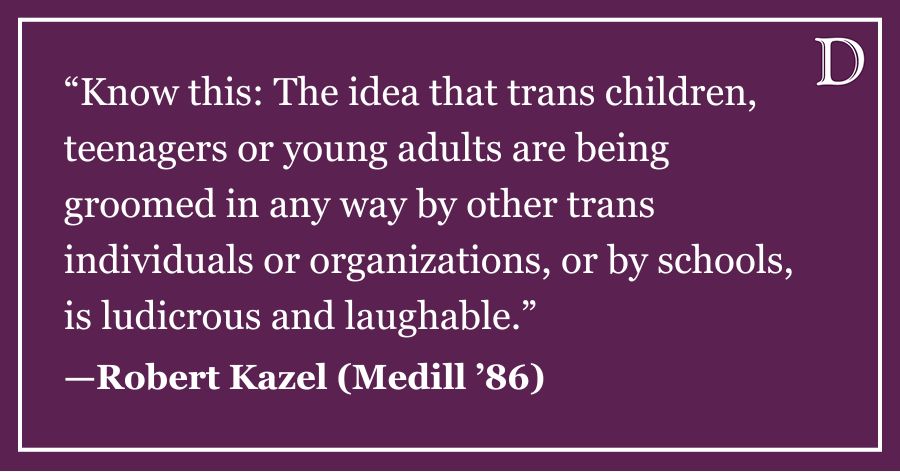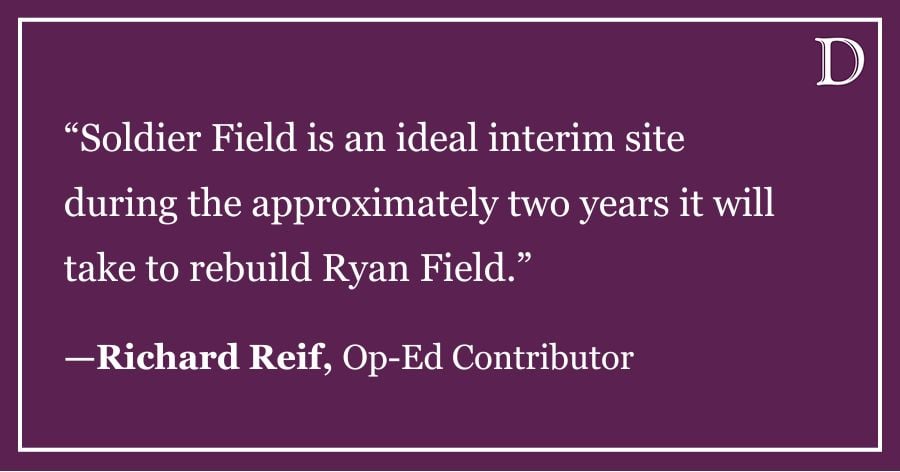In this era of anonymous online comment wars and Rush Limbaugh-esque talk radio, civil discourse appears to have gone the way of powdered wigs. A rare holdout seems to be academia. Universities, conventional wisdom dictates, have a history and an intellectual presence that can carry on the noble tradition of vigorous, respectful debate. An incident at Brown University earlier this week, however, called that notion into question.
On Tuesday, students and members of the surrounding community heckled New York City Police Commissioner Ray Kelly off the stage at Brown, where he was to give a lecture. Kelly oversaw the escalation of the city’s highly controversial “stop-and-frisk” strategy, which the Federal District Court for Manhattan recently ruled unconstitutional for its targeting of black and Latino men. Under his direction, NYPD also collected intelligence on New York’s Muslim community in an attempt to prevent terrorism — a program that failed to produce any leads.
The people who participated in the protest had entirely valid concerns about the racial stereotyping woven into the fabric of the programs. I am not here to debate that. The merit of a strategy consisting in large part of the disproportionate detainment of young men of color should, of course, come under vigorous scrutiny. In the same vein, conducting surveillance on people solely on the basis of their religion is unacceptable. Questioning these policies is not just reasonable — it is necessary.
The protesters’ methods, however, left much to be desired. Perhaps the least effective way to get someone to agree with you is to shout insults at them, yet that is exactly the tactic that they chose to follow. The Brown Daily Herald reported, for example, that one audience member yelled at Kelly, “You are the terrorist, terrorizing our people.” Much as one may dislike the man or his policies, one thing he certainly is not is a terrorist. To call him one is an insult not only to Kelly but also to his city, which suffered a massive attack by bona fide terrorists not so long ago.
One can safely assume the students involved in the protest are intelligent — Brown, with an acceptance rate of just 9.16 percent in 2013, is one of the most selective in the country — yet they acted with baffling foolishness. Surely students who managed to meet the university’s notoriously tough admission standards would have been capable of coming up with thoughtful, critical questions for Kelly, which they could have asked during the hour allotted for that purpose. As University President Christina Paxson pointed out in a letter to the community, other students attending the event had likely chosen that more reasonable course of action and were prevented by their louder-mouthed peers from having their questions answered.
The protest is especially objectionable because it took place at an academic institution, and a well-respected one, at that. Universities have historically been centers of discourse and debate; they are places where the merits and flaws of ideas may be freely discussed. When a belligerent minority prevents that discussion from taking place, they are flying in the face of that tradition. It seems likely that if conservative protesters had shown equivalent disrespect to a speaker arguing against stop-and-frisk, those students involved in this incident would have been incensed. They should have shown the same respect to Kelly that they would demand from their conservative counterparts.
The incident at Brown is only one example of a trend away from civil discourse and toward its 21st-century equivalent: assuming that whoever yells the loudest wins the argument. Debate is important to the health of any society; it can be spirited or even heated and still maintain a respectful tone. Increasingly, though, it seems we are incapable of responding to opinions different from our own without devolving into blanket statements and ad hominem attacks. Any conversation that involves one party calling another a terrorist is bound to go nowhere.
If the protesters’ goal was to make a splash in the media, congratulations are due to them on a job well done. If, however, they wanted to make an impact on the beliefs of others in the audience or even on Kelly himself, they chose precisely the wrong strategy.
Caryn Lenhoff is a Weinberg senior. She can be reached at [email protected]. If you want to respond publicly to this column, send a Letter to the Editor to [email protected].














